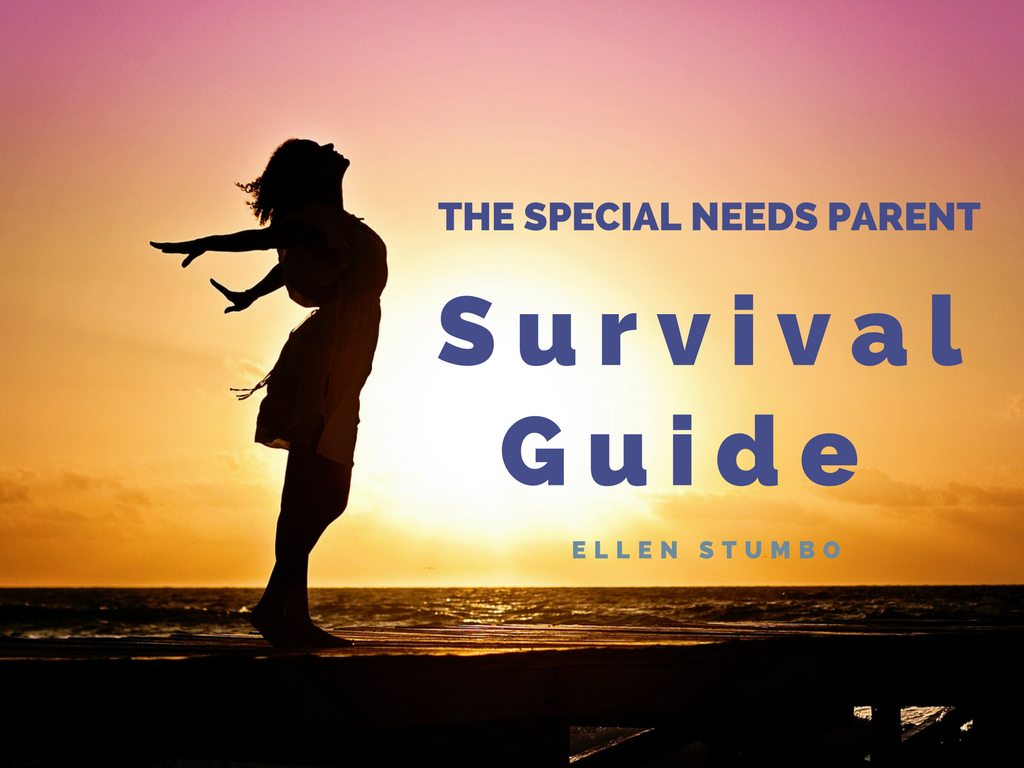Disability ministry is about relationship, and no church is too small to have meaningful relationships with every person who walks through its doors.
While a small church might not be able to have all the bells and whistles of a robust disability ministry, a small church can do relationships well. In a smaller church, most people know each other, and the community that can result from it could potentially fill a larger need among families of children with disabilities (or disabled adults).

My husband pastored a small church. I usually refer to it as a “micro” church, as we had an average of 50 people on Sundays, yet our disability ministry was strong and thriving. As a matter of fact, our church centered around disability and about 75 percent of our congregation had a connection to disability. Either they were disabled, parented kids with disabilities, or professionally worked within the disability community.
We even had more children with disabilities in our children’s program than typical children.
So what does a disability ministry look like when you have a small church?
1. You welcome every person, not just by saying hi, but by attitude. If someone worships different than you do and they are loud, you welcome the diversity and the fact that every person can participate in worship time.
2. If a parent is sitting in the foyer with their child with a disability, you don’t let them sit alone. You go to the foyer and sit with them, letting them know you are glad they made the effort to be at church even if they are unable to sit in the sanctuary.
3. You recognize that holy moments can happen walking in the church parking lot walking side-by-side with a parent pushing their child in a wheelchair. Sometimes church is too overwhelming for some kids with sensory issues.
4. You call when you notice a family of a child with a disability or an adult with a disability didn’t make it to church. This lets them know you see them, they are not invisible, and you care.
5. You recognize that every person, regardless of ability or disability, is an invaluable member of the Body of Christ.
6. You are OK with messy, because the very essence of life is that it is messy.
7. You recognize everyone belongs, and everyone serves.
8. You are willing to try new things to include everyone. When that doesn’t work out, you try again with something new.
9. You function as a family, everyone has a role to play, and everyone is supported and valued.
10. You love.
There was one particular Sunday at our church when one girl was having a hard time. As she struggled to get regulated, she climbed on a table and there was lots of commotion in the room, including from the adults. A boy who uses a wheelchair and is also blind sat next to the table where the girl sat. He reached out his hand and said, “Who is this?” His gentle touch and question were enough to make the girl stop, and before she could answer he said, “Sounds like you are having a hard time, let me help you.” She said, “Yes, I am having a hard time.” And just like that she was calm, regulated, and smiling as she talked to her friend.
Even within our own children’s ministry, the kids who have disabilities are an example that everyone belongs, and everyone serves. And it is an honor and privilege to welcome these children and their families through the doors of our churches.
Disability ministry is not about a program, but about honest and genuine relationships.
If your church can love, your church can have a disability ministry.
***
Become a Patron!Special Needs Parents, Are You Surviving?
I created a guide with 13 practical ways to help you find peace in the midst of chaos, opt in to make sure you get a copy of this freebie!



I love this idea do you have any suggestions on how to start? I would love to know suggestions on not just physical disabilities, but kids that have emotions issues.
Same as you would would for a child with a physical disability (in the acceptance area). Functioning as a family. Two books I recommend are “A Church for Every Child” by Katie Watherbee and Jolene Philo and “Mental Health and the Church” by Steve Grecevich. Both have practical ways to help kids and adults who need emotional supports.
Another resource is a Joni and Friends website: http://www.irresistiblechurch.org. At this website you get free membership that includes free books, valuable resources, early notifications for future books and community interaction. Their first free book is called Start with Hello. It’s a book with ideas of how to introduce your church to special needs ministry. Hope this is helpful.
LOVE Joni and Friends. I am fortunate enough to partner with them once in a while.
Thank you for this. For most of our lives as parents, we have felt slighted by church. We have been told if we just were better parents, that our kids wouldn’t have these problems. (Never mind that three of our five kids are neuro-typical.) We’ve had to skip the social functions and fun outings. I’ve sat in the foyer far more than I’ve sat in the service. It’s hard and wearing over the years. Thank for writing this.